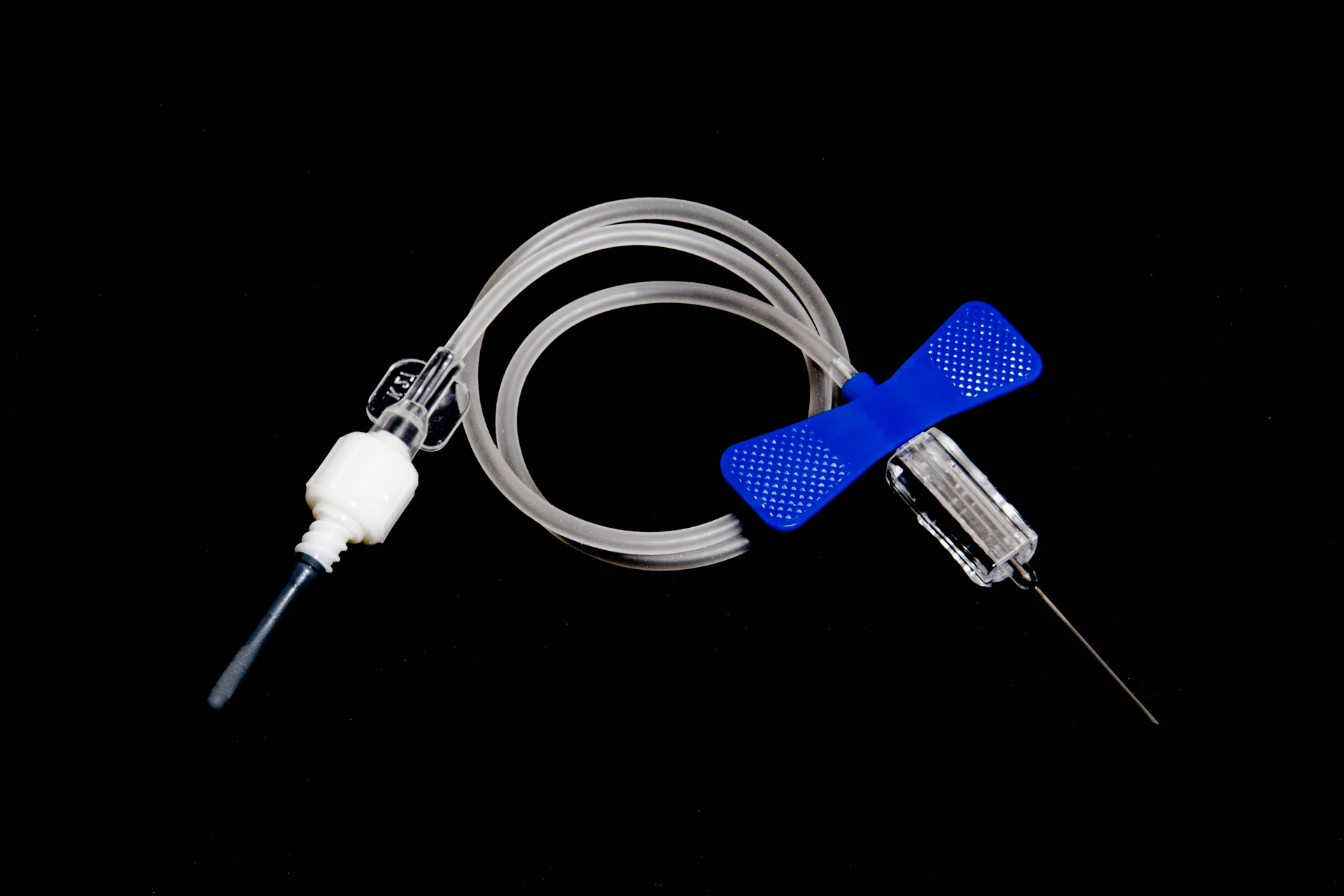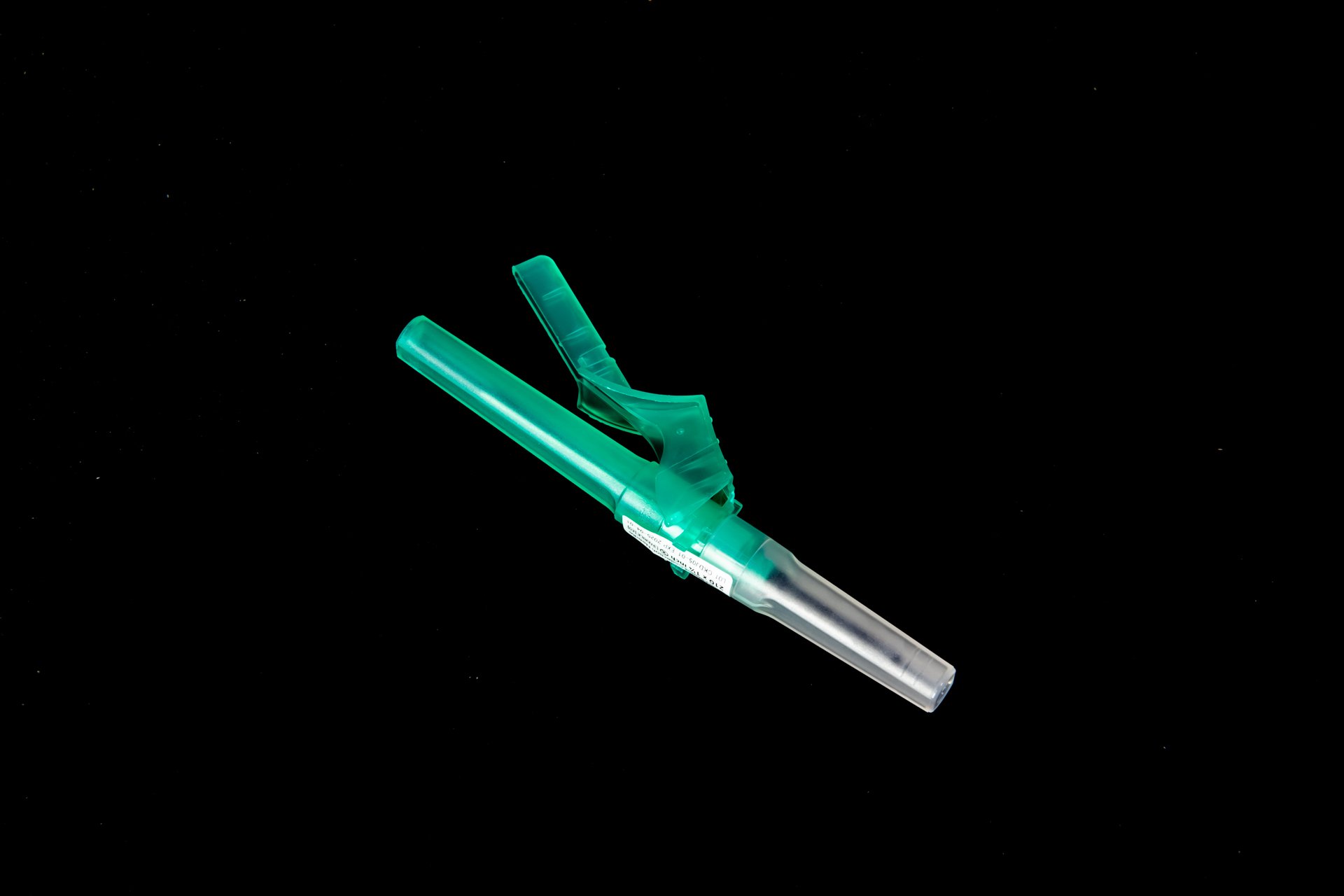Needle Reuse And Infection Risks
Needles are essential medical tools used for various procedures, such as injections, vaccinations, and blood draws. However, the reuse of needles poses a significant risk of infection to patients. In this article, we will explore the dangers of needle reuse and the potential consequences it can have on one's health.
Understanding the Risks of Needle Reuse
When a needle is used on a patient, it may become contaminated with blood or other bodily fluids. If the same needle is reused on another individual without proper sterilization, it can transmit harmful pathogens and bacteria, leading to infections. Some of the common infections that can result from needle reuse include:
Hepatitis B
Hepatitis C
HIV/AIDS
Bacterial infections
These infections can have serious consequences on one's health and may even be life-threatening if left untreated. It is crucial for healthcare providers to follow strict protocols for needle disposal and ensure that needles are never reused.
Impact on Patient Health
Needle reuse can have a significant impact on patient health, leading to a wide range of infections and complications. Patients who are infected with bloodborne pathogens may experience the following symptoms:
Fever
Fatigue
Jaundice
Abdominal pain
Joint pain
In severe cases, these infections can progress to chronic conditions, such as liver cirrhosis or liver cancer. It is essential for healthcare providers to prioritize patient safety and adhere to proper infection control practices to prevent the spread of infections through needle reuse.
Legal and Ethical Implications
Needle reuse not only poses a risk to patient health but also carries legal and ethical implications for healthcare providers. Reusing needles without proper sterilization is a violation of medical standards and can result in disciplinary action, lawsuits, and loss of professional reputation.
Healthcare facilities are required to follow strict guidelines for needle disposal and ensure that all medical equipment is properly sterilized to prevent infections. Failure to do so can result in severe consequences for both patients and healthcare providers.
Preventing Needle Reuse and Infection Risks
Healthcare providers play a crucial role in preventing needle reuse and reducing the risk of infection among patients. It is essential to follow proper protocols for needle disposal and ensure that all medical equipment is sterilized before each use.
Some key steps to prevent needle reuse and infection risks include:
Use single-use, disposable needles whenever possible.
Implement strict infection control practices in healthcare settings.
Provide ongoing training to healthcare staff on proper needle disposal and sterilization techniques.
By taking these steps, healthcare providers can help protect patients from the dangers of needle reuse and minimize the risk of infection in medical settings.
Conclusion
Needle reuse poses a significant risk of infection to patients and can have serious consequences on one's health. Healthcare providers must prioritize patient safety and adhere to proper infection control practices to prevent the spread of infections through needle reuse. By following strict protocols for needle disposal and sterilization, healthcare facilities can help protect patients from the dangers of needle reuse and ensure optimal patient care.
References:
Disclaimer: The content provided on this blog is for informational purposes only, reflecting the personal opinions and insights of the author(s) on phlebotomy practices and healthcare. The information provided should not be used for diagnosing or treating a health problem or disease, and those seeking personal medical advice should consult with a licensed physician. Always seek the advice of your doctor or other qualified health provider regarding a medical condition. Never disregard professional medical advice or delay in seeking it because of something you have read on this website. If you think you may have a medical emergency, call 911 or go to the nearest emergency room immediately. No physician-patient relationship is created by this web site or its use. No contributors to this web site make any representations, express or implied, with respect to the information provided herein or to its use. While we strive to share accurate and up-to-date information, we cannot guarantee the completeness, reliability, or accuracy of the content. The blog may also include links to external websites and resources for the convenience of our readers. Please note that linking to other sites does not imply endorsement of their content, practices, or services by us. Readers should use their discretion and judgment while exploring any external links and resources mentioned on this blog.



